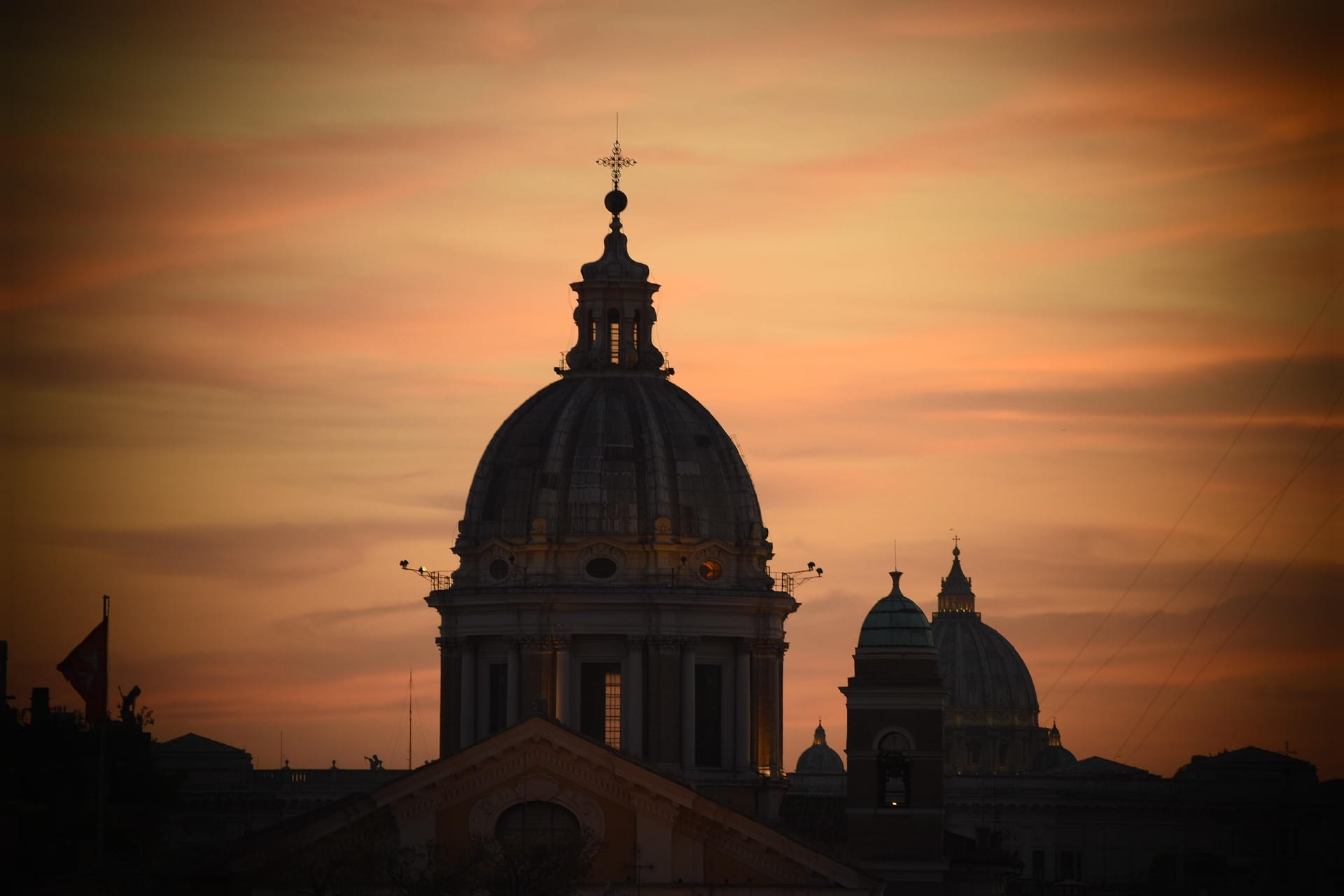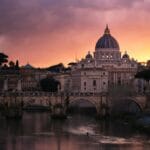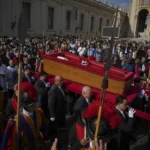The Papacy isn’t just ancient; it’s astonishingly resilient. Imagine an institution older than most countries, predating nations we think of as foundational today. It existed before modern democracy, capitalism, and even our contemporary understanding of human rights. From ancient Rome’s final days to today’s digital age of tweets and viral news, the Pope, also known as the Bishop of Rome, has been a figure wielding immense spiritual and political influence. But how exactly did this office help mold the world we live in now?
Ancient Beginnings, Worldwide Influence
The Pope’s lineage can be traced all the way back to Saint Peter, considered the first Bishop of Rome by tradition. In the earliest centuries, Popes were spiritual guides helping Christians navigate persecution and societal upheaval. Over time, this humble beginning evolved dramatically. By the Middle Ages, the Papacy was not only guiding souls but also commanding armies, crowning emperors, and influencing international politics. When Europe plunged into darkness after Rome’s collapse, it was the Papacy that often kept the torch of learning and civilization alive in monasteries and cathedral schools.
In an ever-changing world where empires crumbled and new nations emerged, the Papacy remained a constant presence—always adapting, often surviving crisis, and frequently spearheading historical change.
The Papal States: Power and Politics

For more than a millennium—from the 8th century until the late 1800s—Popes weren’t just spiritual leaders; they were sovereign rulers of their own lands, known as the Papal States. Picture a Pope leading not just mass but also armies into battle or signing treaties as any king might. These territories were more than symbolic; they were real political entities with their own economy, justice system, and military.
Yet even after the Papal States dissolved in 1870 and the Pope’s direct temporal power ended, his influence continued undiminished. Though no longer commanding armies, the Pope retained immense moral authority, capable of influencing political leaders and ordinary people alike.
Patrons of Art, Science, and Culture
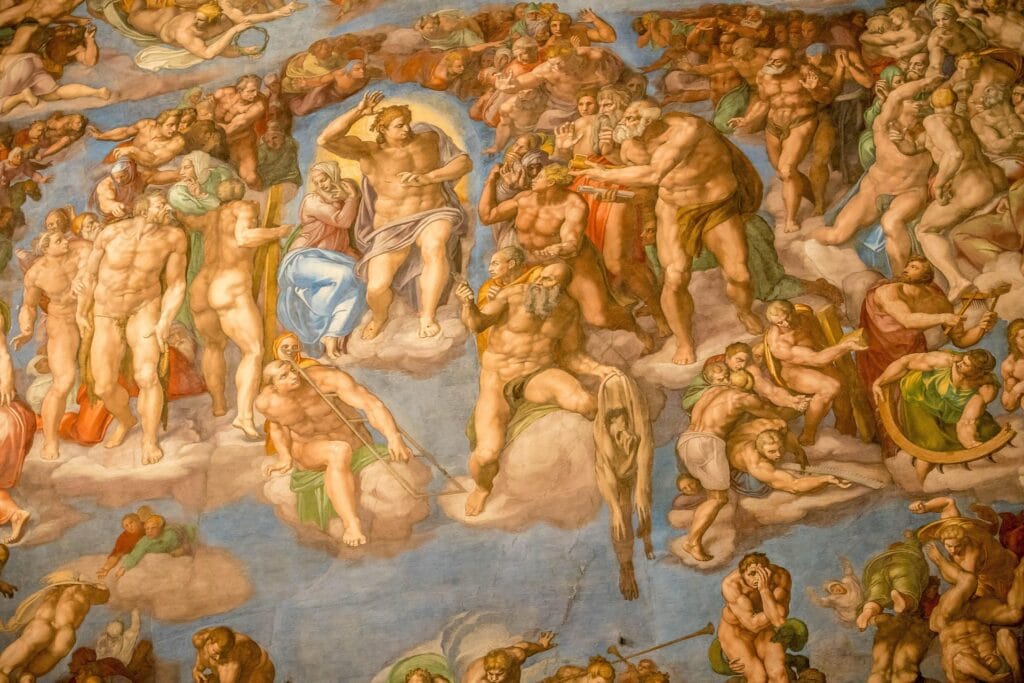
If you’ve ever admired the breathtaking ceiling of the Sistine Chapel or been captivated by Bernini’s stunning sculptures in Rome, you’ve witnessed firsthand the artistic legacy fostered by the Papacy. During the Renaissance, Popes were among the most significant patrons of art and scholarship, commissioning legendary artists such as Michelangelo and Raphael to create works of profound beauty and spiritual depth.
This patronage didn’t end with the Renaissance. Even today, the Vatican actively supports scientific research, debates ethical issues in bioethics, and promotes interfaith and intercultural dialogue worldwide. Far from being isolated in theological discussions, Popes have consistently shown that beauty, knowledge, and wisdom are essential bridges connecting humanity.
Voice of Peace and Diplomatic Influence
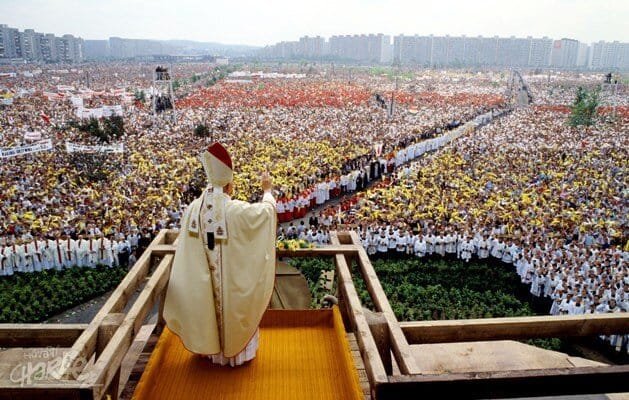
Throughout history, Popes have repeatedly raised their voices against war and injustice, often acting as global advocates for peace. Pope Benedict XV sought tirelessly to end World War I, while Pope Pius XII condemned the horrors of World War II. Pope John Paul II’s historic visit to Poland in 1979 inspired millions, igniting a spirit of resistance that would eventually topple communism in Eastern Europe.
Today, the Vatican remains a diplomatic powerhouse. Nations around the globe—many with small or no Catholic populations—maintain ambassadors to the Holy See. This acknowledgment of the Vatican’s global moral influence highlights the Pope’s unique position as a diplomatic mediator capable of transcending politics and national interests.
Moral Compass in a Complex World
In today’s complicated moral landscape, Popes continue to speak out clearly and confidently on a range of challenging issues. From poverty and environmental stewardship to debates surrounding family life and economic justice, the Pope’s voice still resonates widely. Whether people agree or disagree with specific teachings, few can deny the Papacy’s ability to shape conversations and influence moral perspectives across continents.
Modern Popes often act as ethical guides, interpreting age-old principles in contemporary terms and prompting society to pause and reflect deeply on the values it wishes to uphold.
In particular, Pope Francis has been vocal on issues like economic inequality and environmental responsibility, drawing global attention to these critical challenges. His humility and reformative approach have resonated well beyond Catholic circles. Read more about Pope Francis’ legacy and impact →
A Beacon of Continuity and Hope
What truly makes the Papacy extraordinary is its resilience and constancy. Empires have risen and fallen; technological revolutions have transformed society; pandemics and wars have reshaped the globe. Yet, the figure of the Pope, adorned in simple white robes, remains an enduring symbol of spiritual reflection and moral constancy.
In moments of global crisis, from economic depressions to health pandemics, Popes have provided reassurance and guidance, offering words of comfort and hope that echo beyond religious boundaries. The continuity of the Papacy offers stability and certainty in a fragmented, ever-changing world.
The Pope’s role through history is deeply profound. Whether perceived as a religious guide, influential statesman, patron of culture, or ethical voice, the Pope’s influence stretches far beyond the walls of the Vatican. Understanding the Papacy isn’t merely an exploration of religious history; it’s an insight into humanity’s persistent search for meaning, peace, and unity. Truly, one voice can indeed echo across centuries, inspiring countless generations.
Related Reads You Might Enjoy
- 🕊️ Traditions Triggered by a Pope’s Death: What Happens Now at the Vatican? — What happens behind Vatican walls when a papacy comes to a close?
- 🔍 10 Surprising Facts About Popes You Probably Didn’t Know — From youthful pontiffs to science-embracing Popes, explore the unexpected side of papal history.
- 🌍 Reflecting on the Legacy of Pope Francis — Discover how Pope Francis’ leadership shaped a new chapter in Church history.
